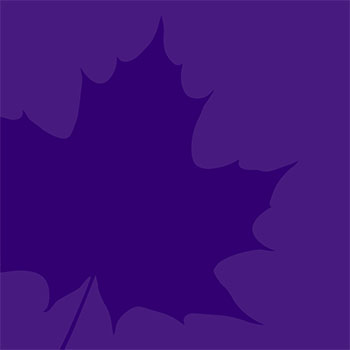We use cookies on this site to enhance your experience.
By selecting “Accept” and continuing to use this website, you consent to the use of cookies.

Graduate and senior undergraduate students typically apply for one or more of the following external scholarships, each of which entails a written proposal of research.
At the federal level, three agencies (the Tri-Council) grant funding to Canadian graduate students:
At the provincial level, students can apply for the Ontario Graduate Scholarship (OGS).
A scholarship proposal is a persuasive form of writing that demonstrates the writer’s knowledge, capacity, and potential as a researcher. Strong scholarship proposals convey complex information in concise terms to a multidisciplinary audience. By demonstrating both the significance of the proposed research and the credentials of the researcher, scholarship proposals make a case for the significance and implications of the research at hand, to the field and beyond.
Winning proposals are typically
Although the Tri-Council and OGS scholarship proposals differ in length, many of the same principles apply in writing each. In fact, successful scholarship proposals tend to share consistent rhetorical features: patterns of introducing, contextualizing, and demonstrating the significance of the research being proposed. Below, we’ll examine these rhetorical features through three key moves:
In setting the scene for your research, provide the context for the topic you’re researching. Consider, what has already been said on the topic? Is this topic particularly timely? What fundamental concepts will readers need to know to understand the topic?
Recently, there has been wide interest in . . .
Knowledge of X has great importance for understanding Y.
Many scholars have recently examined . . .
Scholars commonly suggest that . . .
Several studies have suggested that . . .
Scholars in the field of X have argued that . . .
A persuasive scholarship proposal identifies a gap or oversight in the knowledge – something we don’t yet know and remains to be resolved or addressed. Consider, what does the scholarship say and not say about this topic? Where are the missing pieces in the scholarship? What are the implications of these oversights?
The existing research, however, has assumed that . . .
However, these studies have failed to recognize that . . .
But recent work in X points to another interpretation.
This view, however, is challenged by recent data showing . . .
However, there has been little research that examines . . .
The research has tended to focus on . . ., rather than . . .
Scholars have emphasized X aspect, but remained largely silent on . . .
Additional studies are needed to understand . . .
Once the proposal has clearly identified a gap in the knowledge, it’s time to identify how you intend to fill that gap or locate a solution to the problem you’ve presented. Consider, what is the purpose of your research? What does the proposed research argue, hypothesize, or describe? What methodology will you utilize? What is the significance of your research to the field? What theoretical contributions does your research make and/or what practical applications does it have?
The main purpose of this research is to . . .
I introduce a new interpretation that . . .
I will argue that . . .
This research proposes that . . .
My research contributes to a burgeoning field in X studies by . . .
In doing so, I connect X with Y to shift perspective on . . .
I will conduct the study by . . .
I use X theoretical approach to understand Y . . .
My research has implications for . . .
In addition to its theoretical contributions, my research can be applied in/to . . .
Winning scholarship proposal go through multiple revisions. Dedicate time to drafting and revising your proposal over several weeks, if not months. Begin drafting your ideas well in advance of the deadline. Seek feedback from a diversity of readers (e.g., supervisors, mentors, Writing Services) to ensure you are communicating to specialists and non-specialists alike.
To book a writing appointment to review your proposal, use the Student Success Portal.
Examples of the rhetorical moves are adapted from John M. Swales, Genre Analysis: English in Academic and Research Settings. Cambridge UP, 1990.
![]()
Writing Services, Wilfrid Laurier University, CC By-NC 2023